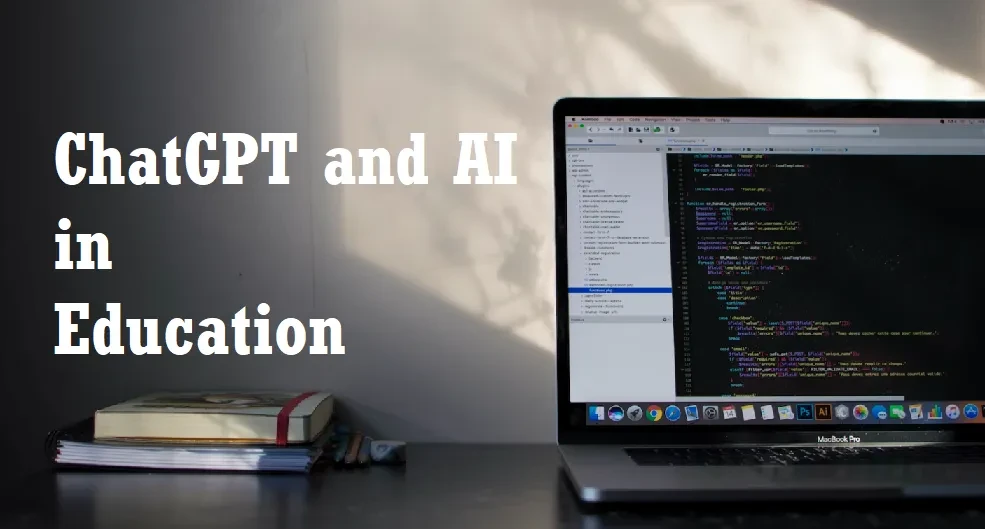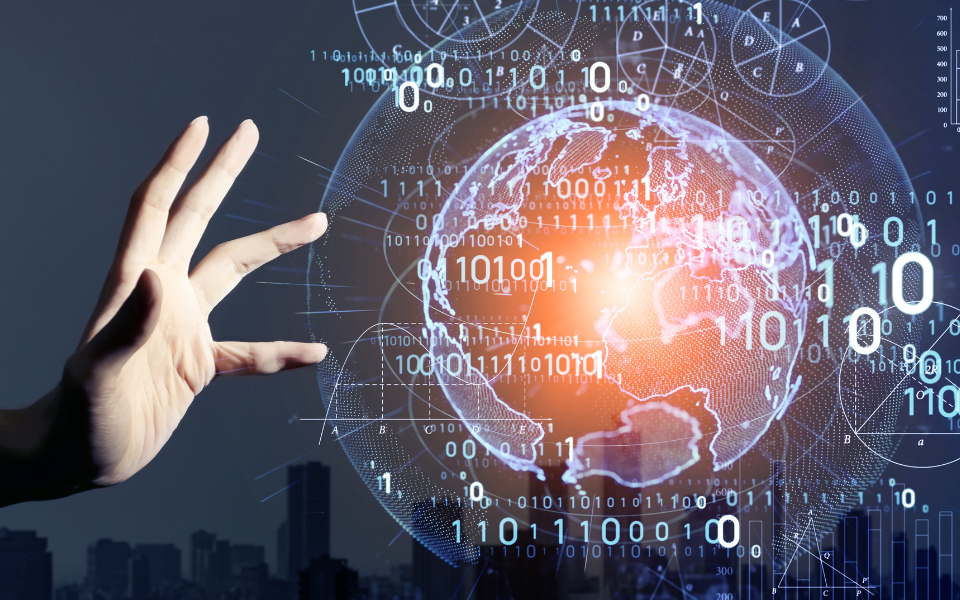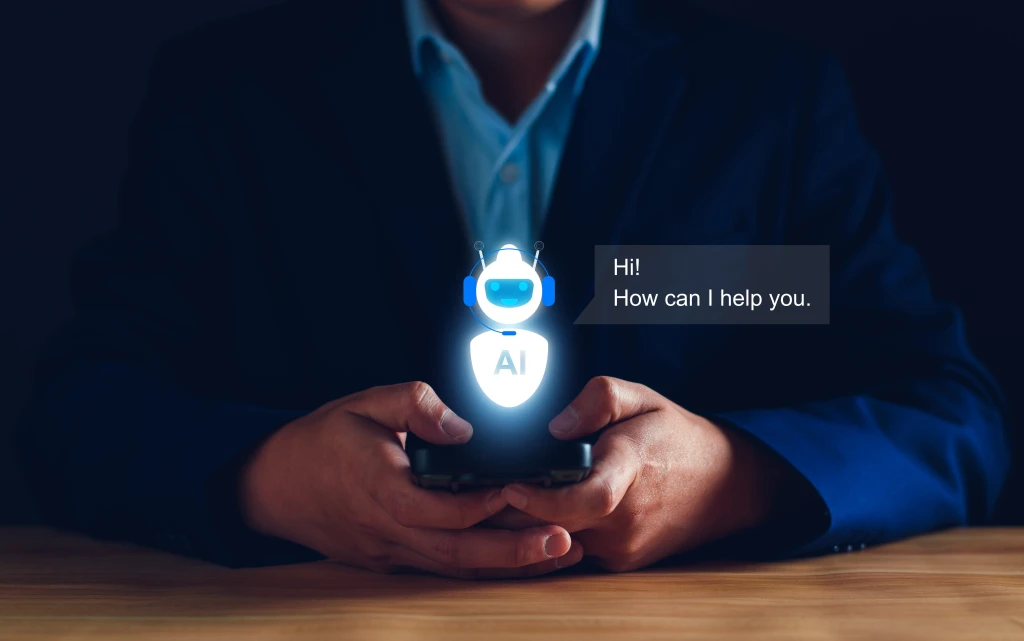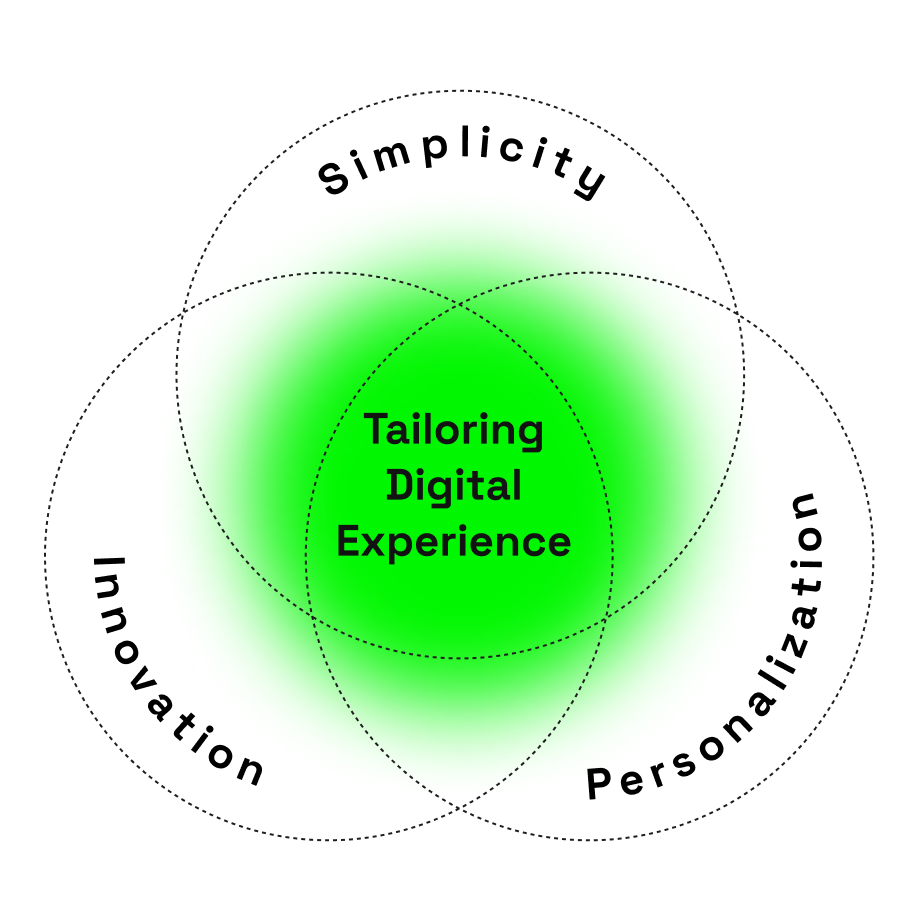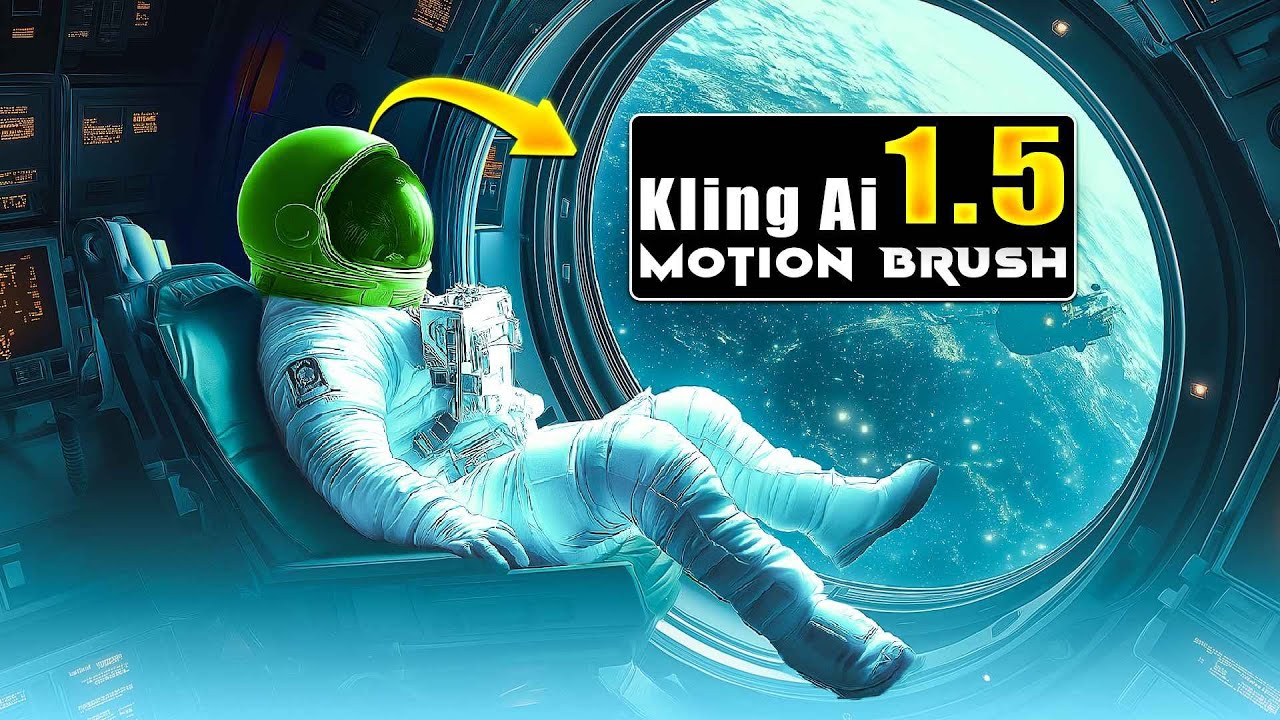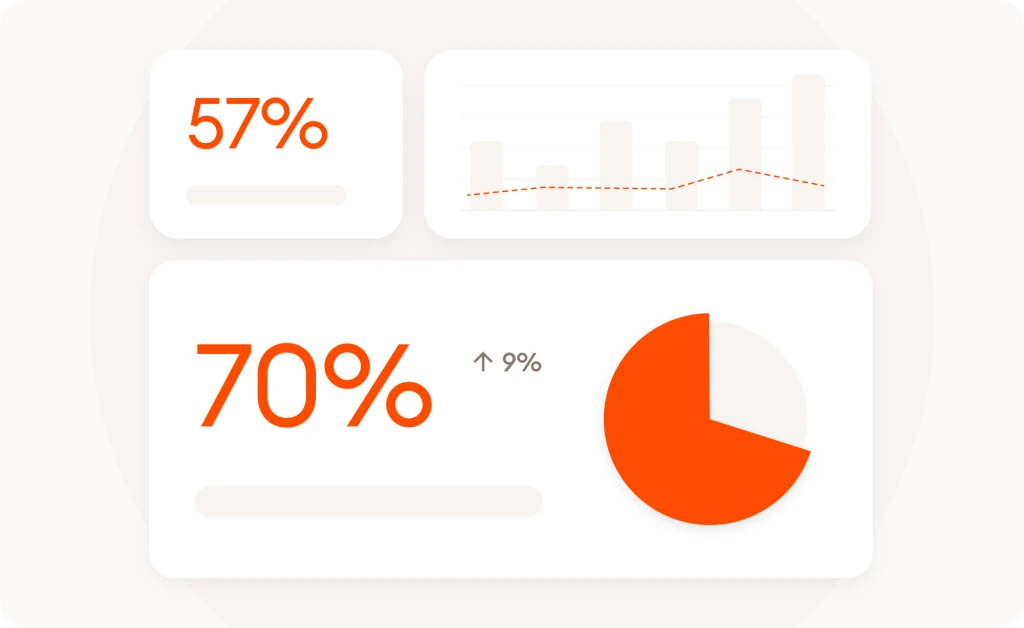Test AI on YOUR Website in 60 Seconds
See how our AI instantly analyzes your website and creates a personalized chatbot - without registration. Just enter your URL and watch it work!
1. Introduction: AI’s Expanding Role in Education
Is ChatGPT truly revolutionizing learning, or is it making students overly reliant on AI-generated shortcuts? This blog explores the benefits, challenges, and future implications of ChatGPT in education.
2. The Positive Impact of ChatGPT on Education
1. Personalized Learning Assistance
ChatGPT adapts to individual student needs, offering customized explanations and tutoring.
AI-generated study guides and summaries help students grasp complex subjects faster.
ChatGPT provides multilingual support, making education more inclusive globally.
2. AI-Powered Writing and Research Support
ChatGPT helps students structure essays, generate ideas, and refine arguments.
AI-powered grammar and style suggestions improve academic writing skills.
ChatGPT accelerates research by summarizing articles and academic papers.
3. Increased Accessibility for Diverse Learners
AI-driven tools assist students with disabilities, including dyslexia and visual impairments.
ChatGPT provides real-time transcriptions and language translation, breaking down language barriers.
AI chatbots serve as 24/7 academic assistants, supporting remote learners and self-paced education.
4. Enhanced Teaching and Administrative Efficiency
ChatGPT automates grading, feedback, and administrative tasks, freeing up time for educators.
AI-generated lesson plans help teachers customize curriculums based on student progress.
AI chatbots assist institutions in handling student queries and academic counseling.
3. The Risks and Challenges of AI in Education
1. Encouraging Academic Shortcuts and Plagiarism
Some students misuse ChatGPT to generate entire essays and assignments, bypassing the learning process.
AI-generated responses raise questions about academic integrity and originality.
Plagiarism detection tools are struggling to keep up with AI-generated content.
2. Reduced Critical Thinking Skills
Over-reliance on AI may diminish students' problem-solving abilities.
ChatGPT provides instant answers, potentially discouraging deep research and independent learning.
Students may not fully understand complex subjects if they depend too much on AI for explanations.
3. AI Bias and Misinformation Risks
ChatGPT’s knowledge is limited to its training data, sometimes generating inaccurate or biased information.
AI lacks the ability to fact-check or critically analyze complex topics.
Educators must teach students how to verify AI-generated information critically.
4. Privacy and Ethical Concerns
AI interactions involve data collection, raising privacy and security risks for students.
The potential for AI surveillance in classrooms sparks ethical debates about student monitoring.
Institutions must establish clear AI usage policies to protect student data.
4. ChatGPT’s Role in Reshaping Traditional Education
1. AI as a Teaching Assistant, Not a Replacement
Educators can use ChatGPT as a supplementary tool for grading and content creation.
AI-powered platforms can support blended learning, combining AI and human instruction.
2. Redefining Assessment Methods
Schools must develop new evaluation techniques to prevent AI-based plagiarism.
Oral exams, practical assessments, and AI-proof assignments will become more common.
3. AI Literacy in Education
Teaching students how to use AI responsibly will be a key part of future curriculums.
AI literacy programs will help students critically evaluate AI-generated content.
5. The Future of AI in Education
AI-Powered Personalized Learning Paths: Adaptive AI tutors will create individualized study plans.
AI-Enhanced Virtual Classrooms: AI-driven platforms will provide interactive and immersive learning experiences.
Stronger AI-Education Policies: Governments and institutions will introduce guidelines for responsible AI use in schools.
AI and Augmented Reality (AR) Integration: AR-based AI tutors will bring subjects to life through virtual simulations.
6. Conclusion: Striking the Balance Between AI and Education
The key to maximizing AI’s benefits in education lies in responsible integration—using ChatGPT as a tool to enhance learning rather than replace traditional educational methods. With the right policies and ethical considerations, AI can empower both students and educators, shaping the future of education for the better.
